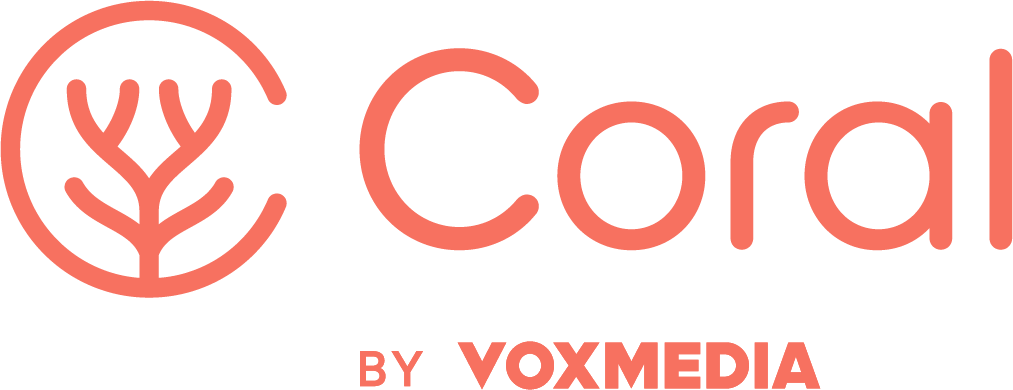A community is a gathering of people around a common identity and purpose. Just as communities can be intentional or unplanned, so can comment spaces. In order to create the best possible comment experience, you need to make choices ahead of time about the identity and purpose of your community, and then be prepared to adapt them based on how your community behaves.
First, you have to choose what your community is for. Only then can you decide how to set it up for success. For example, you need to decide if your goal is to host a space for unfettered speech of all kinds, or one that consciously limits the discussion to certain topics, and in a particular tone.
Some of the main differences between your site and social media:
- you can represent the original content
- you have access to the sources used to create it, and can answer questions about it
- users are far more likely to have read/watched/listened to your content than those who only read headlines on social media
- you can control the space and what’s allowed in it
- you can collect and view more information about the users on your site than on social media
- you can offer direct access to the journalists who created the content
- you can offer a community of people who identify as members of your audience
So how can you make the most of these advantages?
Declaring Your Community’s Purpose
The first step is to create a community statement. This is the who, what, and why of each space that you control, and guides users as to what your goals are. It might be one sitewide statement, or a slightly different statement for each topic/section. In order to create a strong statement, ask several people in the newsroom, and also in your community, to answer these questions:
What is your site’s mission, and what is your community’s role in fulfilling that mission? We have a separate piece that helps you answer these questions.
Who do you want in your community? How do they contribute, and why are they coming to your site to do so?
Classical music fans who live in our town. They will share opinions around music on our site because there isn’t another online space where they can gather to be in dialog with our classical music journalist, and to comment directly on upcoming events.
—–
A broad cross-section of our readers around the world, with different life experiences and ages. They come to i) interact with/access the journalists who report for us, ii) interact with other readers who, like them, identify as readers of our publication. They do this because they want to discuss and share responses with each other in an honest and respectful way around a common experience (our content), in order to engage with different perspectives and to build on each other’s ideas in a space that is more carefully moderated than social media.
What are the kinds of interactions you want? How will you model this behavior?
We want positive, supportive responses to our advice columns. We will highlight the best by updating the bottom of the story to feature the best responses.
We want thoughtful opinions based on personal experiences and facts. We will respond to the best comments.
What is not acceptable in your community?
No swearing, no exclusionary language.
Now compile your answers above into a single paragraph.
We are the healthcare section of a small metropolitan newspaper. We would like people who are directly affected by changes in healthcare policy to be in our community. They will share personal anecdotes and information to support each other, and to help our journalism by being potential sources for stories. They will also ask questions to our staff so they can respond to make our journalism as useful as possible. New story ideas will be generated from these questions. We want a cordial and respectful space that welcomes users and provides reputable information to them. We model the behavior we want through responding only to good responses, moderating out anything off topic, and highlighting the best comments in future stories. We do not dispense medical advice. Anything off topic or offensive will be removed.
Share this text with others in the newsroom. Get feedback, refine it, and then share it liberally. This paragraph is your bedrock, the foundation on which all of your community moderation, technology, and hiring decisions should sit. You might also want to place calendar reminders every few months for you to read over, and refine the statement where necessary. And when you’re ready, you’ll want to refer to this when you design your ladders of engagement.
As your community grows and expands, it’s a good idea to involve them in the the development of this mission statement, and how it connects to their experience. That comes later; it’s important to begin with some clear definitions, boundaries, and promises to the community that you can keep about its purpose and moderation.
Next-> 3. Create a Code of Conduct


